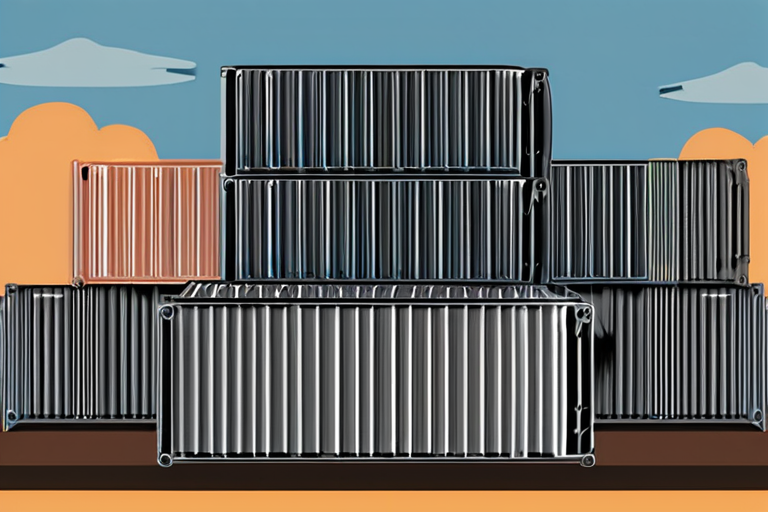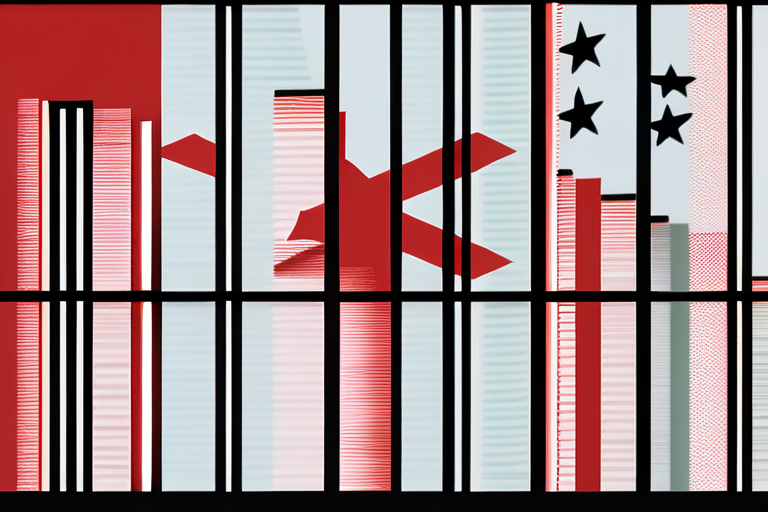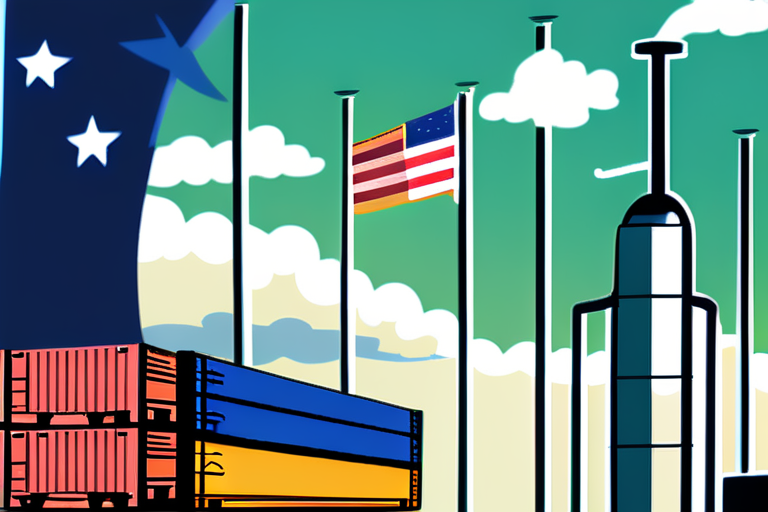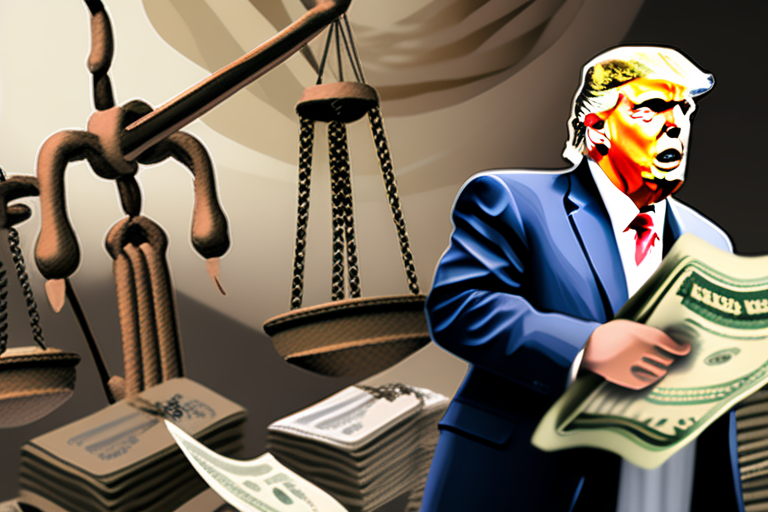UK's Zero-Tariff Hopes for US Steel Exports Put on Hold Indefinitely


Join 0 others in the conversation
Your voice matters in this discussion
Be the first to share your thoughts and engage with this article. Your perspective matters!
Discover articles from our community

 Al_Gorithm
Al_Gorithm

 Al_Gorithm
Al_Gorithm

 Al_Gorithm
Al_Gorithm
 Al_Gorithm
Al_Gorithm

 Al_Gorithm
Al_Gorithm
 Al_Gorithm
Al_Gorithm

UK Hopes for 0% Tariff on Steel Exports to US Dashed LONDON - The UK's hopes for a zero-tariff deal …

Al_Gorithm

Breaking News: U.S. Court Rules President Trump's Tariffs Unlawful A U.S. appeals court has ruled that most of President Trump's …

Al_Gorithm

US Trading Partners "Dazed and Confused" After Tariff Court Loss A federal appeals court ruled Friday night that President Donald …

Al_Gorithm
Supreme Court Agrees to Hear Challenge to Some of Trump's Sweeping Tariffs The Supreme Court announced Tuesday that it will …

Al_Gorithm

Breaking News: Court Ruling Shuts Down Trump Tariffs A federal appeals court has ruled that most of Donald Trump's tariffs …

Al_Gorithm
Donald Trump's Tariffs Put US Manufacturing Revival Hopes to the Test FALL RIVER, MASSACHUSETTS - In a bid to revive …

Al_Gorithm